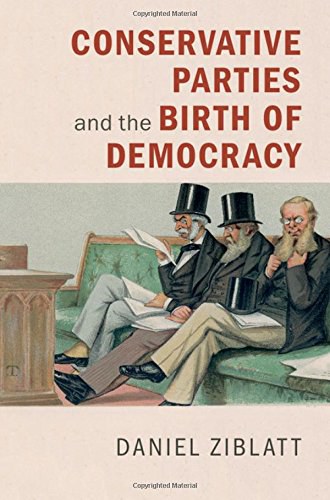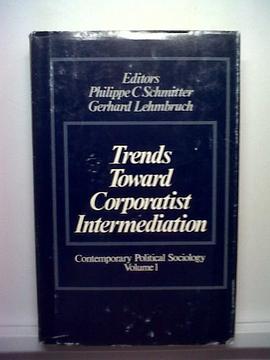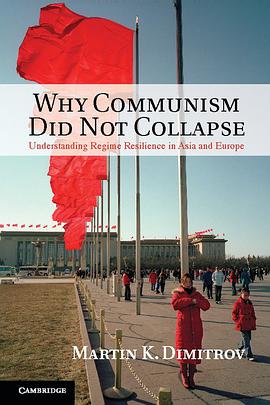Ambiguities of Domination 豆瓣
作者:
Lisa Wedeen
University of Chicago Press
1999
- 6
In the late-1990s in Syria, the image of President Hafiz al-Asad is everywhere. In newspapers, on television and during orchestrated spectacles Asad is praised as the "father," the "gallant knight," even the country's "premier pharmacist". Yet most Syrians, including those who create the official rhetoric, do not believe its claims. Why would a regime spend scarce resources on a cult whose content is patently spurious? Lisa Wedeen concludes that Asad's cult acts as a disciplinary device, generating a politics of public dissimulation in which citizens act "as if" they revered their leader. By inundating daily life with tired symbolism, the regime exercises a subtle, yet effective form of power. The cult works to enforce obedience, induce complicity, isolate Syrians from one another and set guidelines for public speech and behaviour. Wedeen's ethnographic research demonstrates how Syrians recognize the disciplinary aspects of the cult and seek to undermine them.



















